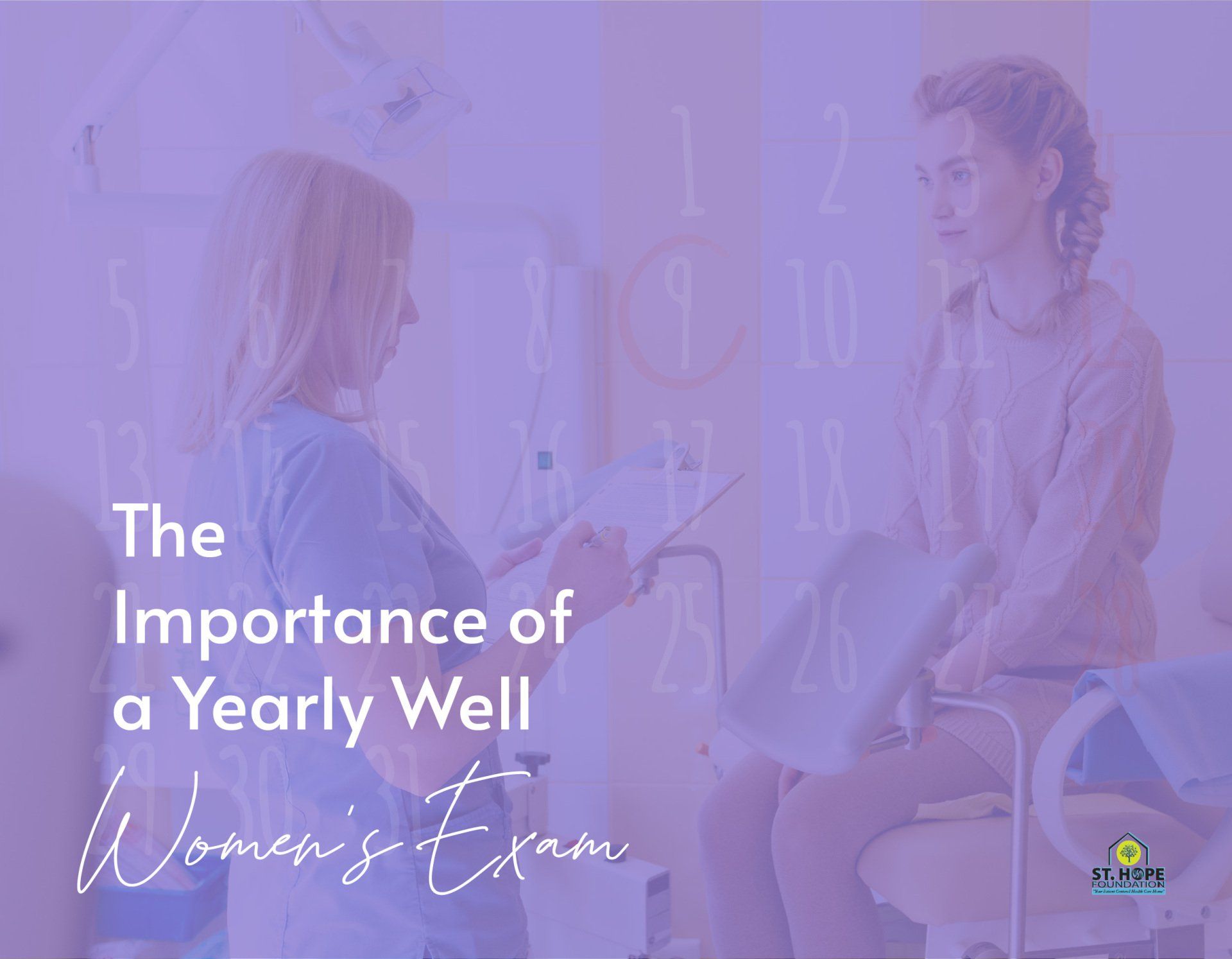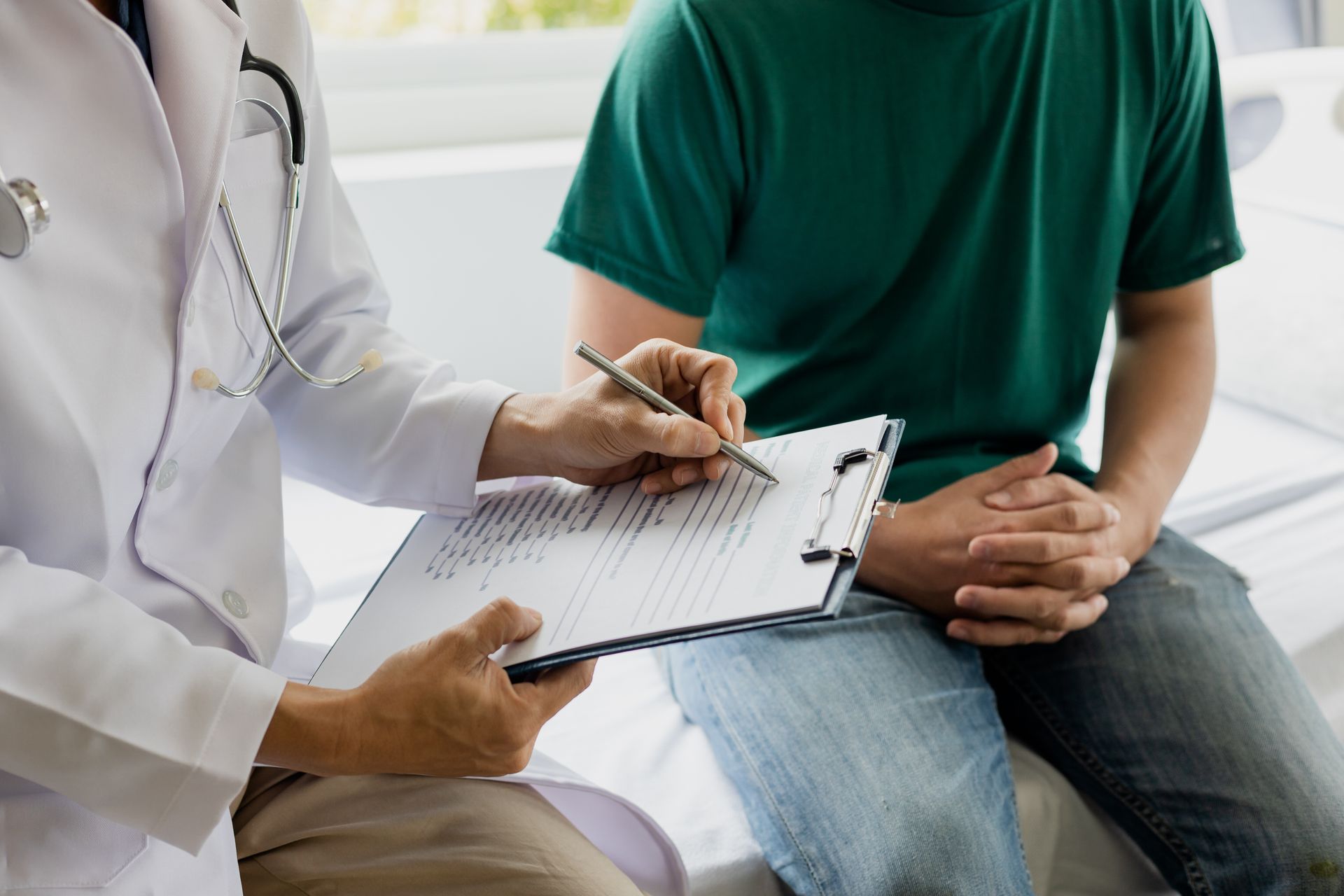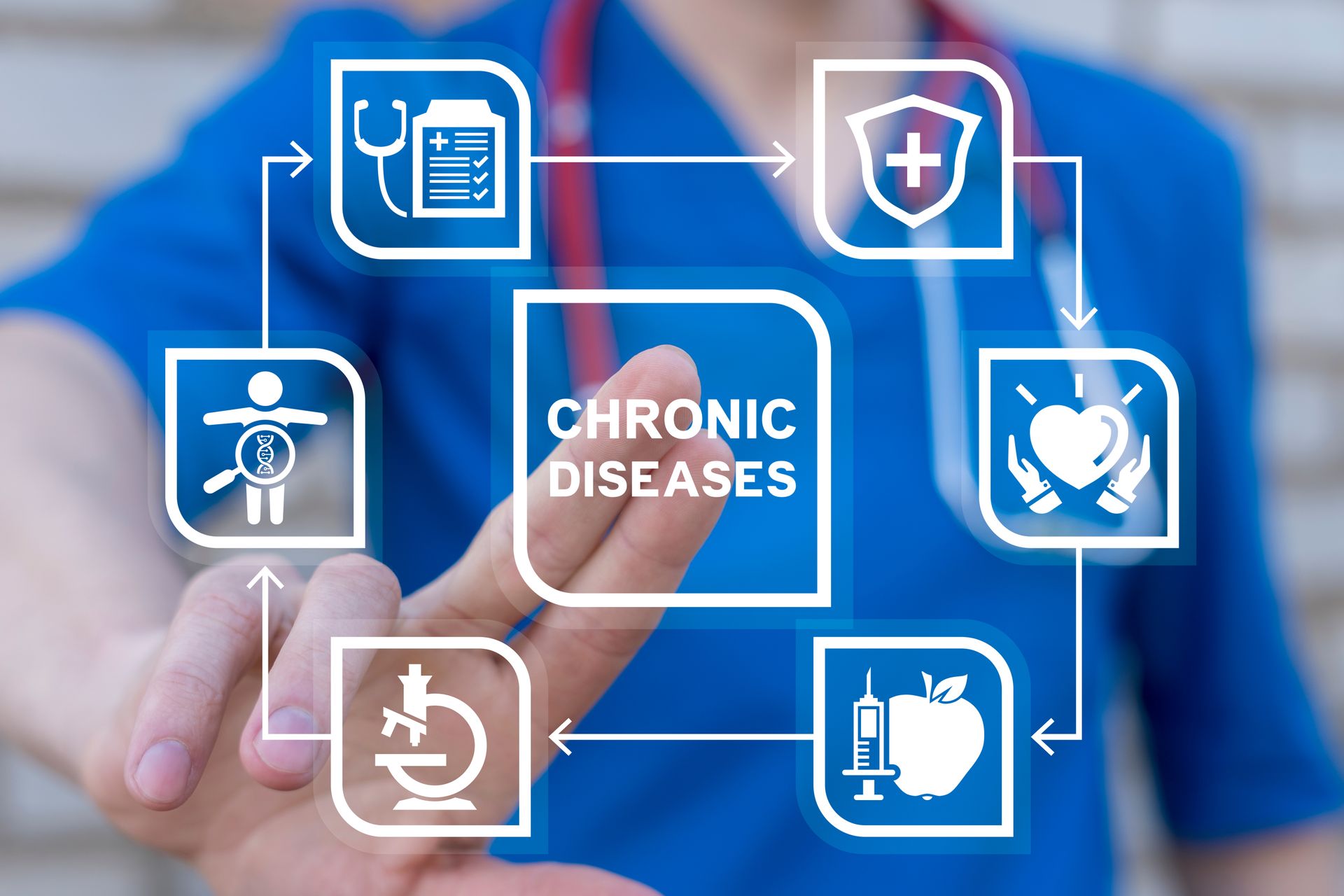Recent Posts
The Importance of a Yearly Well Women's Exam

A yearly exam of your overall health is an important part of preventative care. Even a quick but thorough examination of your body can tell a trained doctor a lot about your health.
Women are tough. Some survive and cope with serious health struggles without ever reaching out for help. Unfortunately, it’s difficult to know the root cause of health problems and how to effectively treat them without having an examination performed. For women, it is especially important they undergo a yearly exam catered to their specific biological needs.
During a well-woman exam, a gynecologist and obstetrician (OB/GYN) conducts exams specifically tailored to a woman's body, including their reproductive system, hormones, breasts and thyroid.
The extent of an examination depends on age. By 20 years of age, women should have the following performed at their yearly visit:
- Physical exam
- Pap smear with STD and HIV testing
- Breast exam
- Pelvic exam
- Cervical exam
- Neck exam
Additional testing is necessary for diabetes, high cholesterol, bone density and colon health after the age of 40.
A well-woman exam provides an opportunity to prevent serious diseases and cancers at any age, including cervical cancer, breast cancer and thyroid cancer.
Breast Cancer Screening and Prevention
Women's wellness and breast care is an essential part of examinations. Approximately 281,550 women in the U.S. will be diagnosed with invasive breast cancer in 2021. A yearly well-woman appointment can help women catch cancer early. Breast cancer screenings save the lives of thousands of women every year. The sooner breast cancer is detected, the better.
Cervical Cancer Screening and Prevention
An additional concern is cervical cancer, which is most often diagnosed between the ages of 35 and 44 years of age. It is still crucial to test for cervical cancer in earlier stages of life. Cervical cancer can only be detected through an internal examination. Signs of cervical cancer can be monitored early on and prevented from progressing. Your doctor may do a pelvic test and check for any cysts or discomfort.
Thyroid Cancer Screening and Prevention
The thyroid gland regulates the body's metabolic rate, which controls the heart, muscle and digestive system. Both men and women can get thyroid cancer, but it is more common in women. Thyroid cancer is on the rise among women, with case numbers growing each year.
More high-tech testing has been able to detect thyroid disorders sooner. Women should make thyroid screenings a regular part of their well-woman exam. Hormones play a significant role in thyroid function, which is why women tend to experience thyroid issues more often.
Pregnancy and Contraception in Well-Woman Care
Well-woman exams also offer an opportunity for women to discuss their reproductive plans. If you are pregnant or suspect you're pregnant, consistent care and regular check-ups are necessary for you and your baby's health.
If children are not in the foreseeable future for you, you can discuss preventative measures with your OB/GYN. Birth control options and sexual health matters should be discussed at your yearly exam. If you have been prescribed birth control, an annual well-woman exam may be mandatory to renew the prescription.
Your OB/GYN can monitor your body's interaction with the contraceptive, see if there have been any changes in sexual activity that may be cause for concern and ensure there are no signs of disease.
Menopause
Well-woman care and exams are just as imperative for women experiencing hormonal changes related to menopause. During this time, the reproductive system stops, and women experience hormonal imbalances. The ovaries stop producing as much estrogen and the body must adapt to the changes. It can be a frustrating time, but a physician can help ease the transition.
Get Attentive, Friendly Women’s Health Care in Houston
If you have not had your well-woman examination this year, talk to your primary medical care physician about meeting with an OB/GYN for well-woman care. St. Hope provides a center for health and wellness for women in Houston along with other specialty and primary care doctors. We provide comprehensive care for women, including check-ups and treatments using state-of-the-art technology to detect disorders and cancers early.
We help women of all ages. Call St. Hope today at 713-778-1300 to schedule your well-woman exam.









